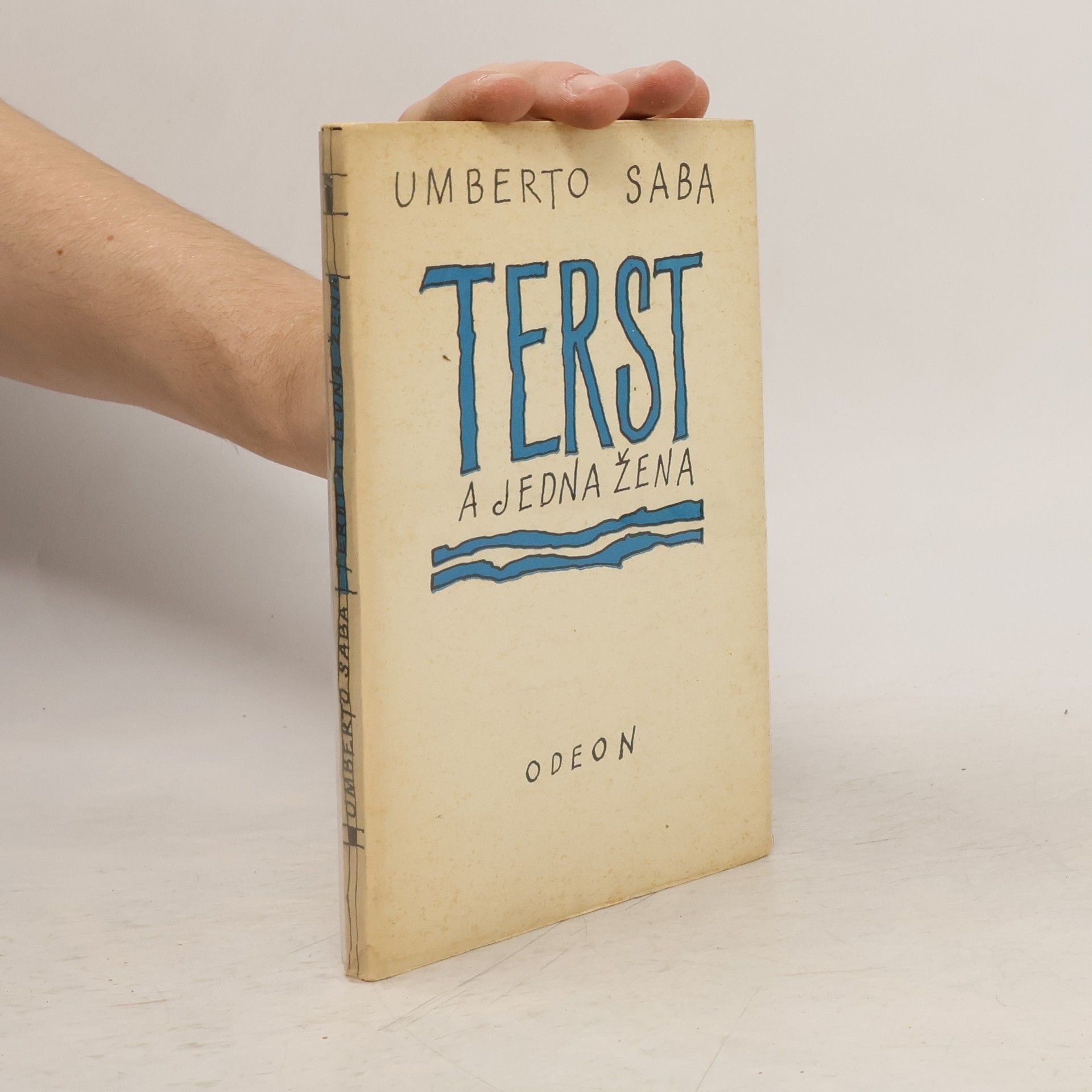Umberto Saba: "Das zerbrochene Glas". Gedichte. Italienisch/Deutsch. Ausgewählt und eingeleitet von Claudio Magris. Aus dem Italienischen übersetzt und mit einem Nachwort versehen von Paul-Wolfgang Wührl. Piper Verlag, München/Zürich 1991. 214 S., br., 18,80 DM
Umberto Saba Bücher
Umberto Saba war ein italienischer Dichter und Romanautor, dessen Werk Lebenssituationen mit poetischer Introspektion einfing. Seine Schriften zeichnen sich durch eine realistische Darstellung menschlicher Schicksale und eine tiefe Erforschung der inneren Welten von Charakteren aus. Saba schöpfte oft Inspiration aus dem Alltag und untersuchte die komplexen Beziehungen zwischen Individuen und ihrer Umwelt.
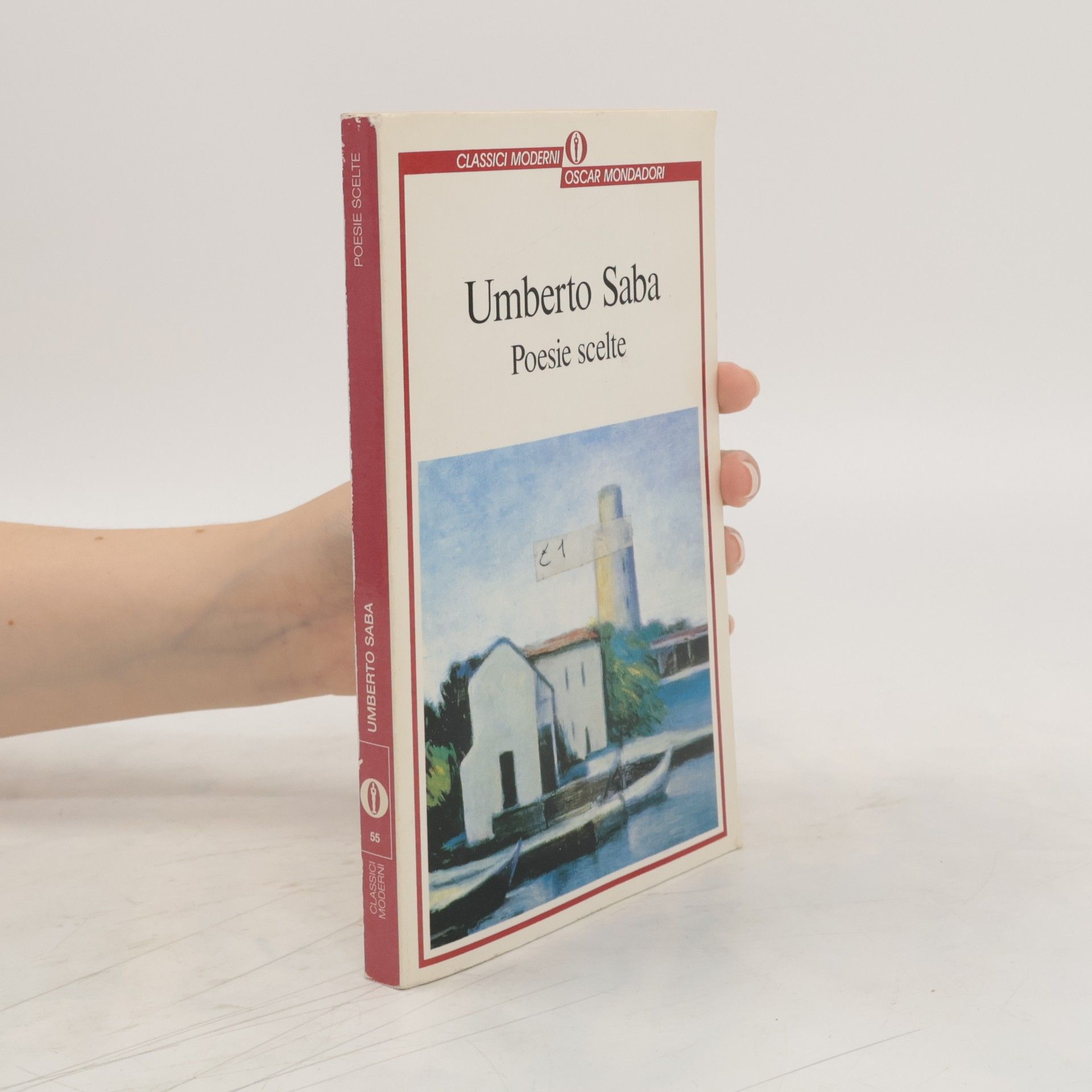
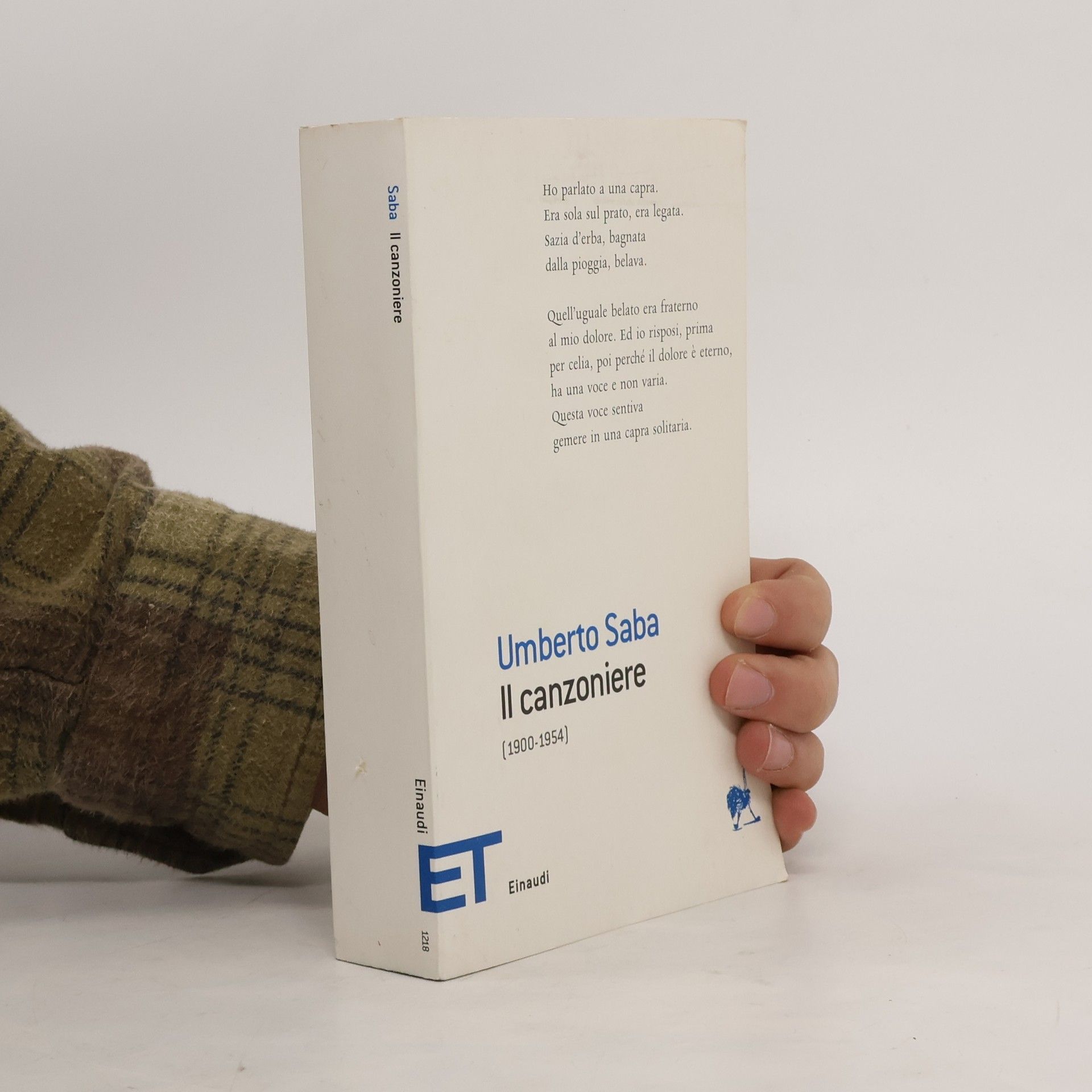

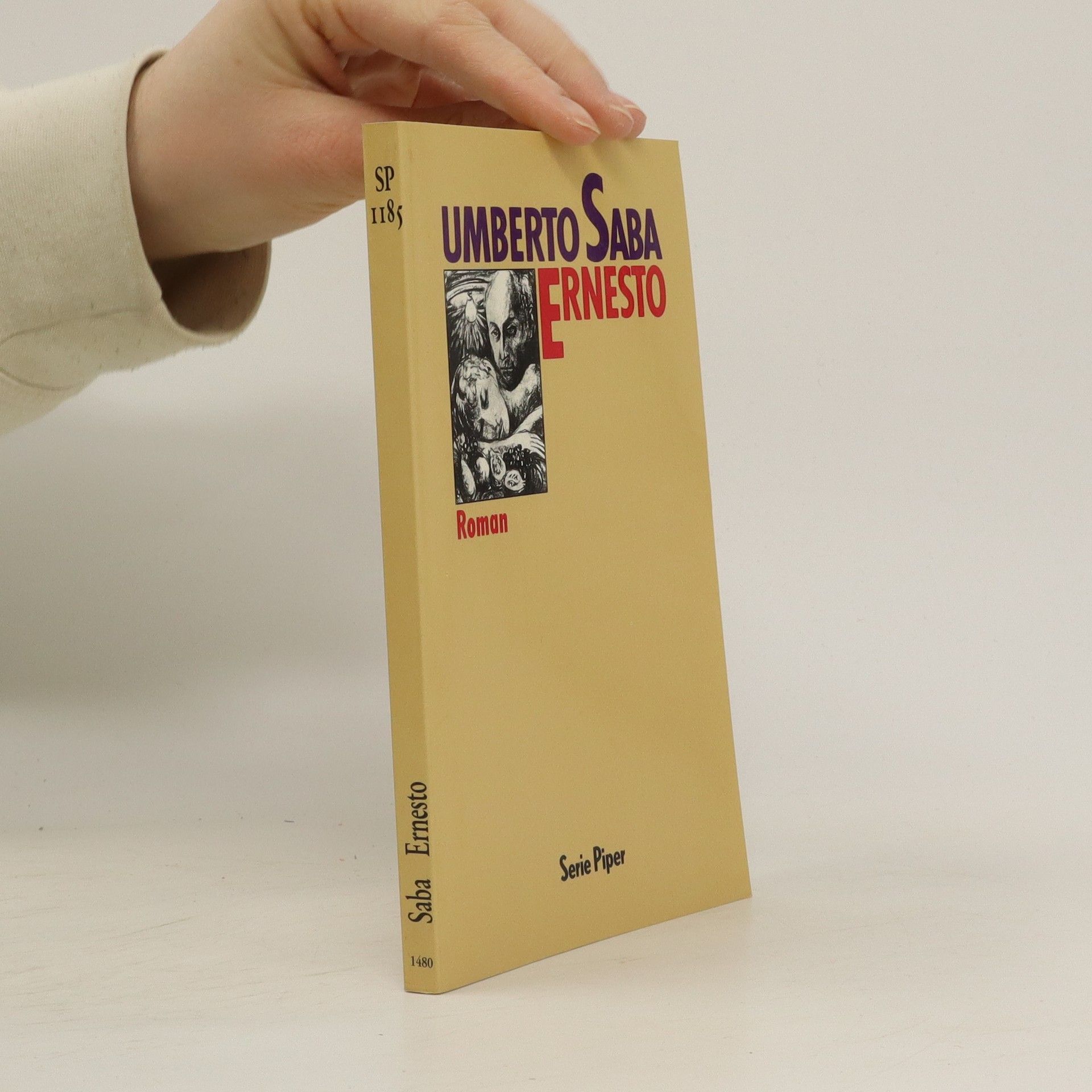
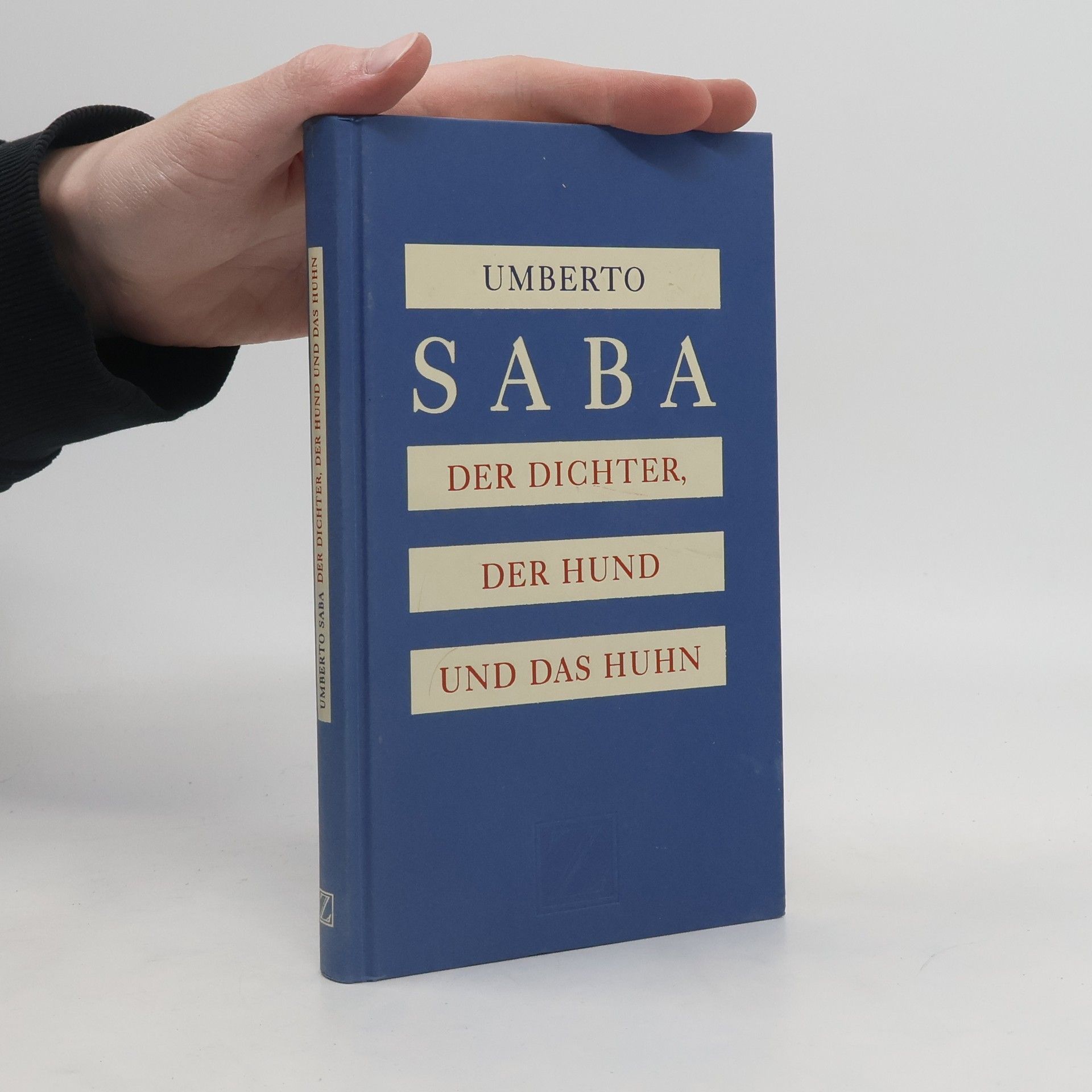
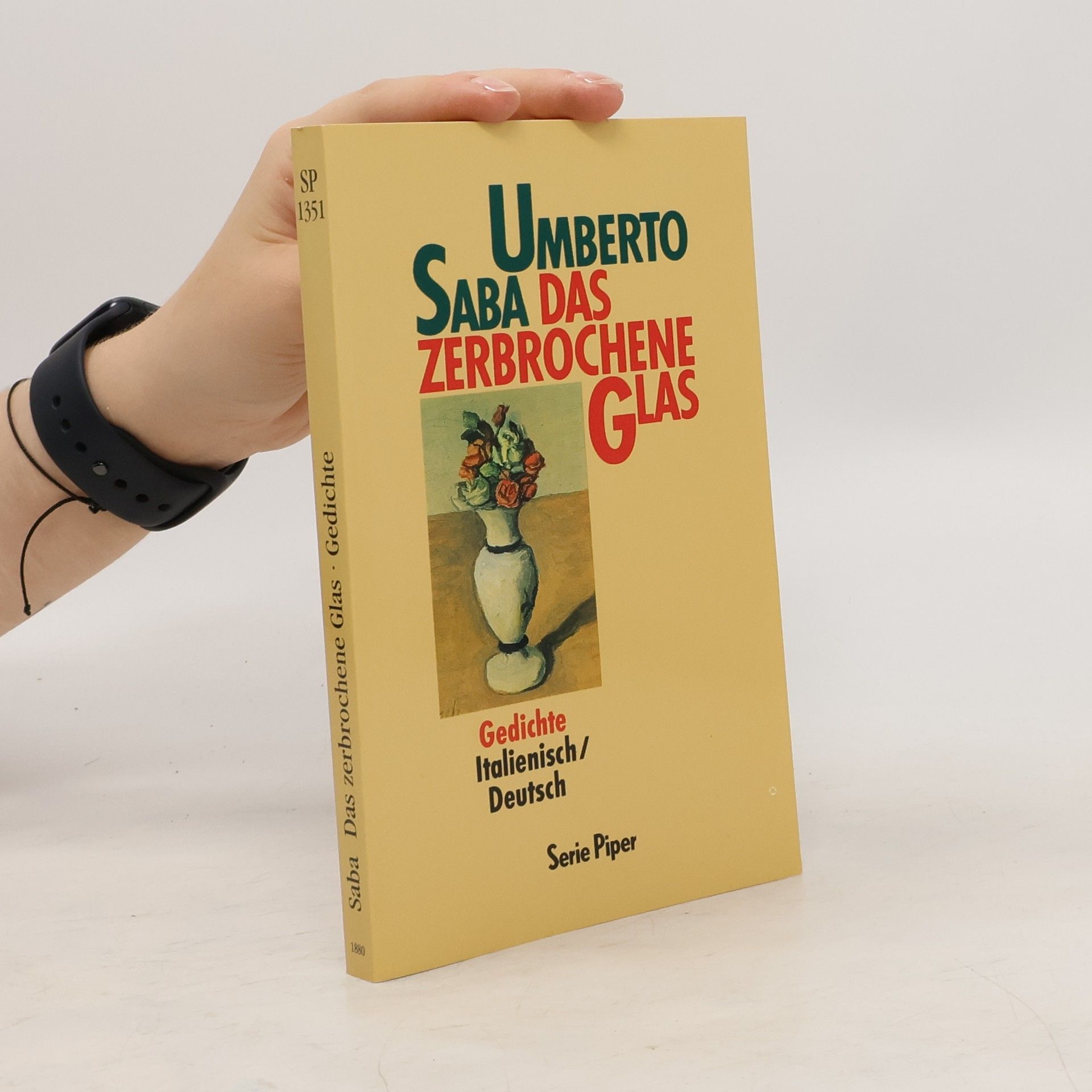
The most extensive selection to be published in the UK of the poetry of one of the greatest Italian writers of the 20th Century.
La poesia di Umberto Saba si iscrive in modo quasi perfetto nella prima metà del secolo scorso, tra il 1900 e il 1954. Ma già molto presto, a costituire un caso pressoché unico nel panorama letterario novecentesco, Saba ha riunito la maggior parte della sua produzione lirica in un unico vasto organismo dal classico titolo di Canzoniere. Per gran parte della sua vita Saba ha lavorato nel realizzare e sistematizzare questo progetto, in perfetto equilibrio tra classicità e contemporaneità, costruendo un linguaggio poetico improntato a limpidezza e rigore. Un progetto che nelle stesse parole dell'autore triestino è paragonabile al «romanzo [...] di una vita, povera (relativamente) di avvenimenti esterni; ricca, a volte, fino allo spasimo, di moti e di risonanze interne, e delle persone che il poeta amò nel corso di quella lunga vita, e delle quali fece le sue "figure"».
Selezionate da Giovanni Giudici, le poesie di Saba qui proposte offrono l'immagine di un io poetico costantemente diviso tra situazioni temporali e conoscitive opposte ma il presente realistico, con i suoi elementi quotidiani, e il passato immaginato o reinventato in chiave letteraria, mitica o psicologica. È, quella di Saba, una poesia cosciente di sé, che - come afferma Giudici- «fa propri non solo i modi convenzionali dello scrivere versi, ma anche le occasioni e gli argomenti più fondamentalmente convenzionali che ci riportano ai grandi temi di nascita, amore e morte». Una poesia di classica limpidezza, "onesta", per usare la terminologia sabiana, nella quale vedere non tanto la spontanea trasposizione di dettagli biografici, quanto la realizzazione di uno dei valori poetici la capacità di elevare a mito la realtà grazie ai filtri e alle risorse della letteratura.
Wersja dwujęzyczna Triest Przeszedłem całe miasto. Skręciłem potem w stromą ulicę z początku ludną, dalej pustą, zakończoną murkiem: zaułek, w którym sam teraz siedzę i myślę, że gdzie kończy się on, tam kończy się miasto. Triest ma opryskliwy wdzięk. Jeśli go lubisz, jest jak szorstki i zapalczywy łobuz o błękitnych oczach a dłoniach zbyt wielkich by podarować kwiat, jak zazdrosna miłość. Z tego zaułka każdy kościół, każdą ulicę widzę czy ona prowadzi na zatłoczoną plażę, czy na pagórek której na kamienistym wierzchołku uczepił się ostatni dom. Wokół każdej rzeczy wiruje aura dziwna, aura bolesna, aura rodzinna. Moje miasto, które w każdej części jest żywe, ma zakątek dla mnie, dla mojego życia, co zamyślone jest i wstydliwe. Trieste Ho attraversata tutta la citta. Poi ho salita unerta, popolosa in principio, in la deserta, chiusa da un muricciolo: un cantuccio in cui solo siedo; e mi pare che dove esso termina termini la citta. Trieste ha una scontrosa grazia. Se piace, e come un ragazzaccio aspro e vorace, con gli occhi azzurri e mani troppo grandi per regalare un fiore; come un amore con gelosia. Da questerta ogni chiesa, ogni sua via scopro, se mena allingombrata spiaggia, o alla collina cui, sulla sassosa cima, una casa, lultima, saggrappa. Intorno circola ad ogni cosa unaria strana, unaria tormentosa, laria natia. La mia citta che in ogni parte e viva, ha il cantuccio a me fatto, alla mia vita pensosa e schiva.
Verše jednoho z největších italských básníkú 20. století představují hluboce lidskou, citově ryzí poezii, v níž dominuje obdiv k Terstu, v němž básník tvoří, a monogamně chápaný vztah k ženě, jež je štěstí i břemeno.

